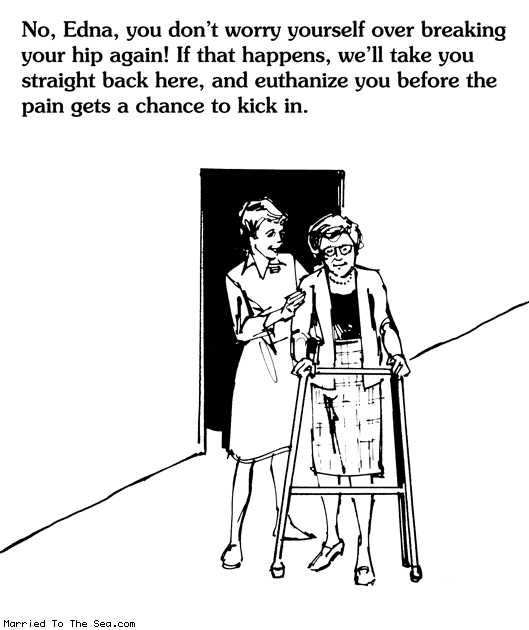My "Family Voice" has been getting a lot of practice these days.
The "Family Voice" is something that I think all doctors subconsciously develop somewhere along the way during residency. It's the tone, the inflection, the parsing of words we use when talking to the patient or their family. This is not to imply we treat people like they are stupid or uneducated, though that happens quite often as well. What I mean, however, is the way some residents will lower, or raise their tone the way you might change your inflection when talking to a dog or small child. Some slow their speech as if to make sure each fact gets through, while others speed up perhaps hoping to get all the worst info out in one go. Everyone has a different way of speaking and one we never seem to use when speaking to colleagues, calling consult, instructing nurses, or even chatting with the cafeteria staff. It's a special way of speaking used just for the patient and their families.
Most of the time, it is used to break bad news. "I'm sorry but you have cancer."
Other times it is used to force families to make hard decisions. "We need to know what your father/mother would have wanted-should we continue to leave them intubated?"
And these days, I find myself using it as a means of authority. "Miss, he's coding and you NEED to leave the room while we work."
At first, I felt like most of the authority came from the coat. It was my armor, my shield, and I could hide behind it and spout great pronouncements of fortune and favor or doom and despair. Later, I thought it came from the education. I knew the jargon, and I could rattle off big words and fancy phrases until the average person would agree just because they no longer knew how to disagree. Now I have learned that it comes simply from The Voice.
When I use The Voice, it's not about defending myself, or sounding smart. It's stating facts, what I think is best for the patient, or what information I need to be provided in a tone that brooks no argument. It is neither insulting nor cajoling, just a pure issuance of confidence that I have found people respond to. And because of that, it gets results. History that was previously hidden, difficult family stopping to listen, even if they disagree.
And because I get such good results, I find myself using The Voice more and more often. In some ways, I am watching my future hospital me develop, one skill at a time. Right now, it is still Dr J using the voice as part of his work toolbox. But I can easily see it developing its own personality, and becoming the hospital Dr J, while regular Josh continues to develop in his own ways outside the work environment.
And while you may disagree, I think it's a good thing. A way for me to separate my work and pleasure, my yin and yang, the two halves of my personality that just cant seem to reconcile with each other despite the things they have in common.
Or maybe I am still looking for any safety net I can grab as intern year draws to a close.




Recent Comments